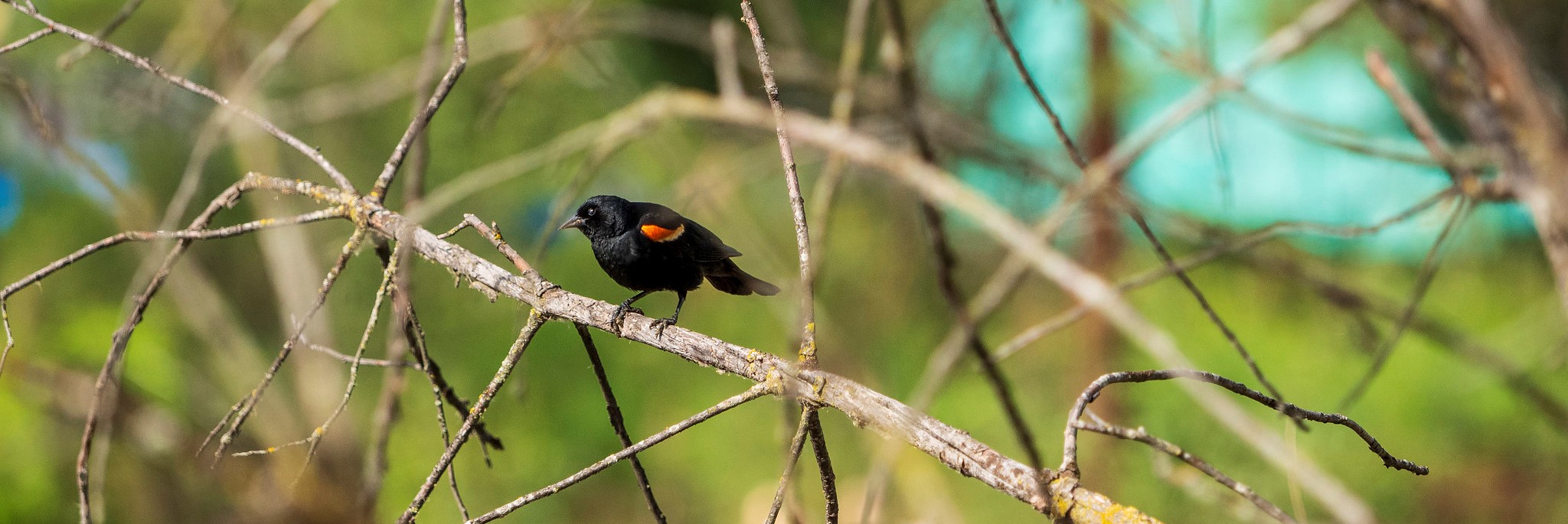PLAN IMPLEMENTATION
The Whole Systems Infrastructure Plan’s (WSIP) implementation addresses energy demand and supply, carbon emissions, water demand and supply, rain water management, landscape development, campus ecology, biodiversity and engagement.
Implementation
The Whole Systems Infrastructure Plan’s (WSIP) implementation addresses energy demand and supply, carbon emissions, water demand and supply, rain water management, landscape development, campus ecology, biodiversity and engagement. The WSIP’s implementation will require a collaborative and coordinated effort of many UBC constituents technical, organizational and behavioural levels.
- Technological: assess and implement the technical performance changes required to improve the performance of existing buildings, infrastructure, landscaping projects, new construction and future development, as recommended in the Plan.
- Organizational: identify institutional changes and opportunities (i.e., policy, departmental, governance, student engagement and academic research) and funding required to implement the Plan’s recommendations.
- Behavioural: establish engagement and awareness initiatives, reaching all faculty, staff and students that encourage actions to conserve resources across all performance areas. In particular, to facilitate a fundamental shift in how campus stakeholders regard the use of resources and assets on campus and therefore deepen and maintain the impact of technological changes over time.
The Emergent Governance Model described in the Plan assigns responsibility for implementing the WSIP as a companion to the UBC Okanagan Campus Plan (2015).
Actions Taken To Date
The WSIP’s energy and carbon reduction actions have already commenced with the establishment of an MOU with FortisBC for Partners in Energy Efficiency and the development of a dedicated Energy Team. This first phase is focused on Demand Side Management (DSM) for existing and new buildings, changing user behaviours and optimizing infrastructure performance. Funded through existing programs and incentive financing and rebates, these DSM actions are expected to reduce utility costs, while at the same time reducing GHG emissions from existing buildings. In parallel, the campus has initiated key policy updates to inform comprehensive green building design guidelines that respond to environmental, social and economic sustainability performance imperatives; as well as the establishment of an Integrated Rainwater Management Plan to advance the WSIP’s ecology and biodiversity imperatives.
- Developed a dedicated energy team to support the implementation of the Whole Systems Infrastructure Plan.
- Developed a campus-wide Behaviour Change Engagement Strategy (the Power of You) to promote and support campus awareness for resource conservation and DSM strategies.
- Implemented Energy Conservation Measures (ECMs) in academic buildings.
- Developed and implemented a 5-Year Strategic Energy Management Plan.
- Continued re-commissioning efforts on campus to improve existing building operations.
- Expanded the district energy system and added a cooling tower to the geo-exchange facilities for additional heat rejection.
- Updated UBCO’s technical Guidelines with guidance for energy performance of new construction and energy efficient systems.
- Developed a campus-wide Behaviour Change Engagement Strategy (the Power of You) to promote and support campus resource conservation.
- Updated UBCO’s Technical Guidelines for expected water performance of new construction and existing building upgrades.
- Continued to phase in planned drip irrigation program (5-year plan), which includes recommendations for Xeriscaping the campus landscape.
- Completed development of the Integrated Rainwater Management Plan (2017), which supports low impact site retention strategies such as rain gardens and native plantings.
- To learn more about Ecological Landscape and Biodiversity, click here.
- Completed development of the Integrated Rainwater Management Plan (2017), which addresses rainfall capture, infiltration, and wetland creation, and integration of LID methods.
For the long-term, the Okanagan campus is uniquely positioned to expand its existing district energy systems in order to support future growth while reducing GHG emissions. This approach leverages the significant investment in the existing district energy system and ensures that these investments are protected and enhanced. The WSIP recommends GHG emission reduction targets for the campus which will be evaluated and presented for Board approval. To ensure long term economic viability, UBC will balance the return on WSIP investments and targets against future campus growth, commodity and carbon pricing, renewable energy options and technology.
Monitoring, Reporting Progress and Updating the Plan
The Plan is a living document that is intended to improve campus sustainability stewardship and performance and provide resiliency to future changes in climate, growth, utilities, and other unanticipated changes. The success of the Plan’s implementation is contingent on the collective and ongoing effort of UBC’s planning and operational units, leaders, and key stakeholders.
The process of monitoring and reporting the Plan’s progress is an important diagnostic tool to understand progress toward the Plan and targets. Reporting provides disclosure and transparency to internal and external stakeholders on sustainability performance; allows for progress assessment against goals; and highlights the need for Plan updates that respond to changing needs, conditions or opportunities.
Campus Planning and Development, Sustainability Office will provide for the Plan’s monitoring and annual sustainability reporting against best practice standards and guidelines for data collection, analysis of performance and resource/cost savings impacts. This process will require the involvement and participation of key UBC staff across both campuses. Conceptual monitoring of measures and Key Performance Indicators for future implementation will occur by relevant units concurrently. Review for potential updates to the Plan will be undertaken as part of the UBC Okanagan Campus Plan (2015) review process, or prior where changing conditions require.
